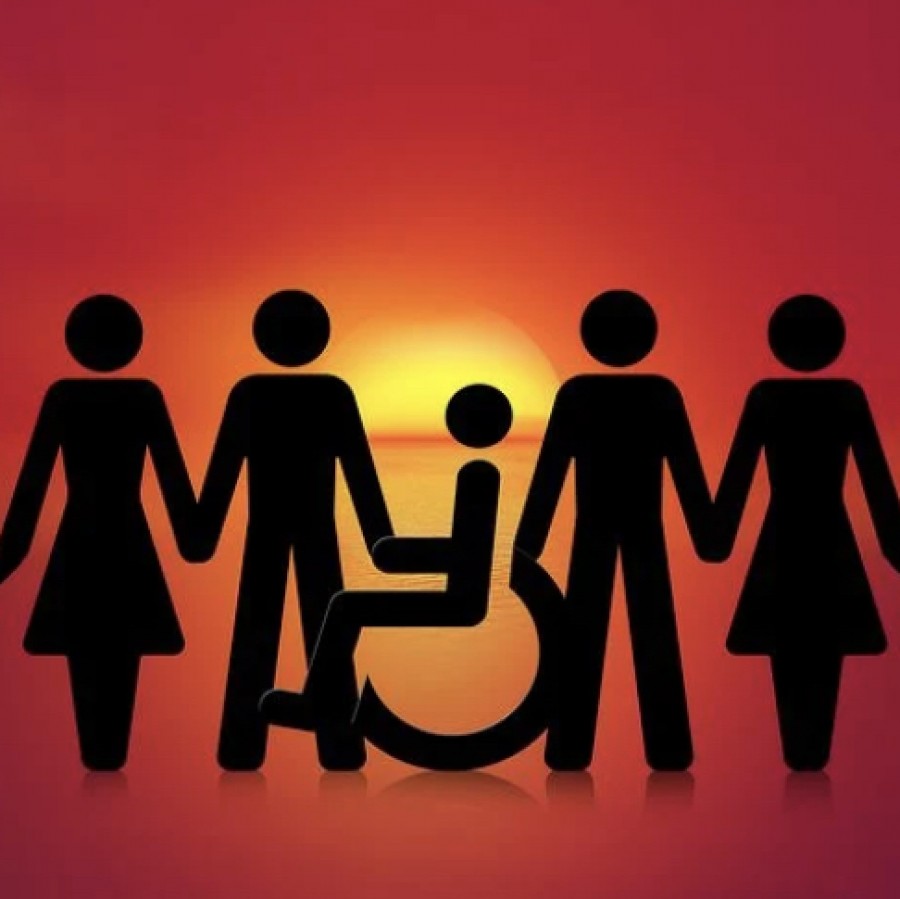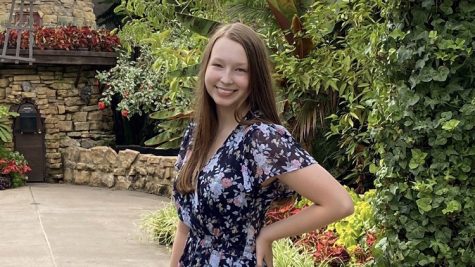For decades, the r-word (r*tard) has been commonly used as slang to depict something as unintelligent, dumb or stupid. But its use is degrading and harmful to those with intellectual disabilities. As society moves to be more inclusive, it is time to leave that word in the past.
The history of the r-word began with the medical term “mental retardation.” In 1961, the term was introduced to the medical world as a way to describe people with intellectual disabilities. However, due to Rosa’s law passed in 2010 by President Obama, the term was legally changed to “intellectual disabilities.”
The goal of Rosa’s Law was to incorporate people-first language into public health and education. Instead of referring to someone as “mentally retarded,” the appropriate way to refer to that person would be “an individual with an intellectual disability.”
It has been 10 years since Rosa’s Law was put into place, but the use of the r-word remains prevalent in society. According to Special Olympics, 29 million of the 50 million Instagram posts from the span of two years about people with intellectual disabilities were negative and contained the r-word.
This word is commonly used in phrases such as “that is so r*tarded” or “you are such a r*tard.” This usage of the word is completely inappropriate and offensive to all individuals with disabilities. Using the r-word as a synonym for stupid, dumb or unintelligent implies that you think people with disabilites are those things which is not only extremely offensive, it is also wrong.
PVHS alumna Maddy Licea has had a lengthy career of working with individuals with disabilities. Licea worked at Handicapped Development Center (HDC), was a part of ACEing for Autism (a program that teaches kids with autism how to play tennis) her sophomore year and was captain of the PV Sparkles cheer team her junior and senior year.
“People with disabilities have a long history of being overlooked in society and government issues,” she shared. “This has always deeply bothered me as the people with disabilities I have worked with have proven to be capable of so much.”
Some people argue the r-word originated from a mental condition, therefore making it acceptable to say. This is invalid because society has used the r-word as a slur for so long the connotation of the word has become negative. The usage of the term in context with the mental condition is also clearly outdated and the incorrect terminology.
Arguably one of the most important reasons the r-word should not be used is people with disabilities do not want it to be. It is not difficult to be respectful to those with disabilities and use a word that has not been consistently used against them.
Morgan Ramirez, another PV alumna, is a sister to someone with Spinal Muscular Atrophy (SMA). Being a sister to someone with a disability has taught Ramirez so much about life and especially the repercussions of hateful language. “Someone with a disability would not want to hear that word because it is bringing down their ability of how smart they actually are,” Ramirez explained. “Madi has made me realize that there is so much more to life than what people say.”
To continue the movement of spreading inclusiveness, it is important to not be silent when this word is used. Many people do not understand the history of the r-word and need to be educated on why using this word is wrong. Just not saying this word is not enough. In addition to not saying it, it is crucial to educate others and speak up when this word is used inappropriately.
“If I hear someone use the word I often walk over and ask them to use a different word next time or to not use it at all,” Ramirez continued. “It’s a form of hate speech and no one should be using it.”
Licea agrees on the amount of hate the r-word holds. “Removing hateful language towards people with disabilities is an important step to ensuring they are no longer overlooked as they currently are,” Licea noted.
Usage of the r-word is wrong, outdated, offensive, inappropriate, selfish and rude. An average speaker of the English language knows around 42,000 words. Be an ally to everyone with disabilities and use another word.









